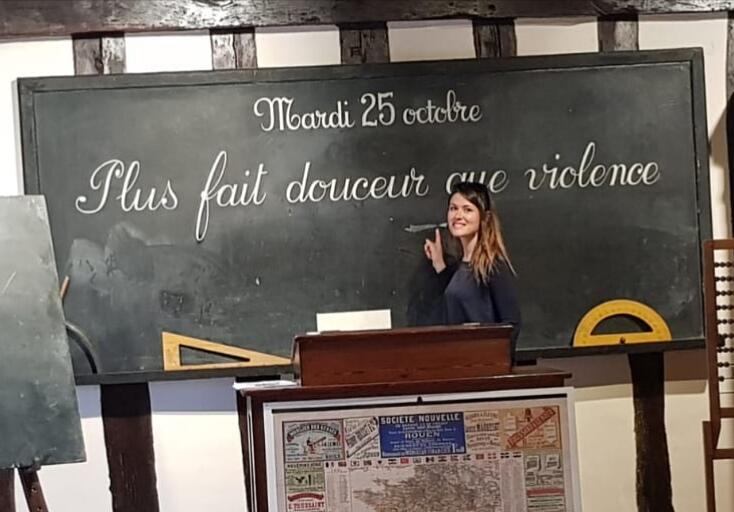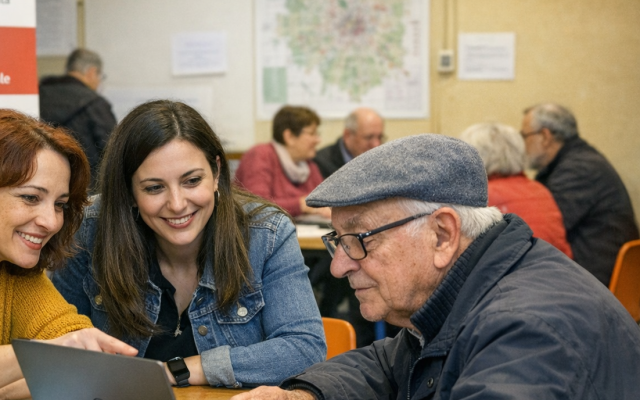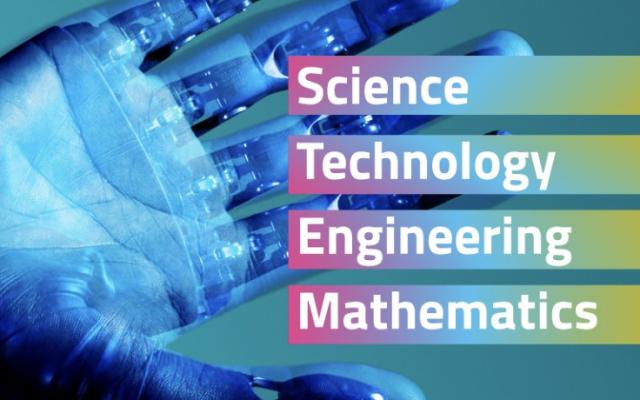Today, we meet Monica Garau, a curious primary school teacher who loves to experiment with new technology for education Her didactic approach is based on “learning by doing,” as is it is essential to test one’s limits, even in the classroom.
As usual, we share a short video in which Stefania presents herself and then an interview with Ilaria Gaudiello. It’s our thirteenth instalment on the professors in “Our School.”
INTERVIEW
Monica, you are a teacher who firmly believes in the advantages of continuous learning. Your most recent experiences include courses dedicated to robotic orienteering, video making, virtual reality, gamification, etc. What benefits have these new areas had for your courses?
Lifelong learning, one of the key requisites of our job, allows us to keep abreast of our students and find new ways to interest and involve them. It has always been a source of personal and professional stimulus, personally. In class, I experiment with what I have learnt as a teacher and the kids are always enthusiastic about trying something new, something that their “peers have still not done.” It makes them feel special. Moreover, the use of technology puts them at ease. Gamification –presenting augmented reality content or having the class develop a set of instructions for a robot – allows the children to work as a team. They collaborate on completing a project and transmit their enthusiasm through joy and the progress made. I still have fond memories of an escape room I organised for a fourth-grade class on “Escape from the Pyramid.” The students had 30 minutes to manage to solve all the puzzles on Egyptian history inside the pyramid. It was a final test, but also an exciting challenge for them that inspired them to study, help their classmates and act as a group. This is digital didactics: a tool that if used correctly is inclusive and supports traditional didactic activities. The world (and school) is constantly evolving, and we must use all the tools that we have correctly, without incriminating them or pretending they do not exist.
This year, you have joined the Fondazione Mondo Digitale “Our School” Network to experiment with a course on didactic vegetable gardens 2.0. Is it possible to teach the children about technology and nature together?
Absolutely, yes. Just like any other environmental issue, a vegetable garden is perfect for the kind of transversal work including technology. Just think about the history of biology and the use of machinery to extract DNA, or just the use of the electronic microscope to study cells. Any tool has positive and negative aspects. As adults, we must choose them and teach the children how to use them.
Finally, in view of the emphasis on civic education in school programmes this year, I believe that moulding technology with the environment can be useful to develop a new awareness of nature and be used to inspire sustainability-related projects (i.e., the development of tools with recycled materials).
Do you have a project that “Our School” could help you develop with the support of an open-source community, the exchange of skills and good practices?
My closet dream is full! I would love to develop a social project based on technology to help people in difficulty, such as 3D printing of museum replicas and audio guides to make culture accessible to the blind, devices to monitor physiological functions for those living and working in residential institutions. One always needs new goals … Who knows, maybe one day one of my students will become a great inventor!




